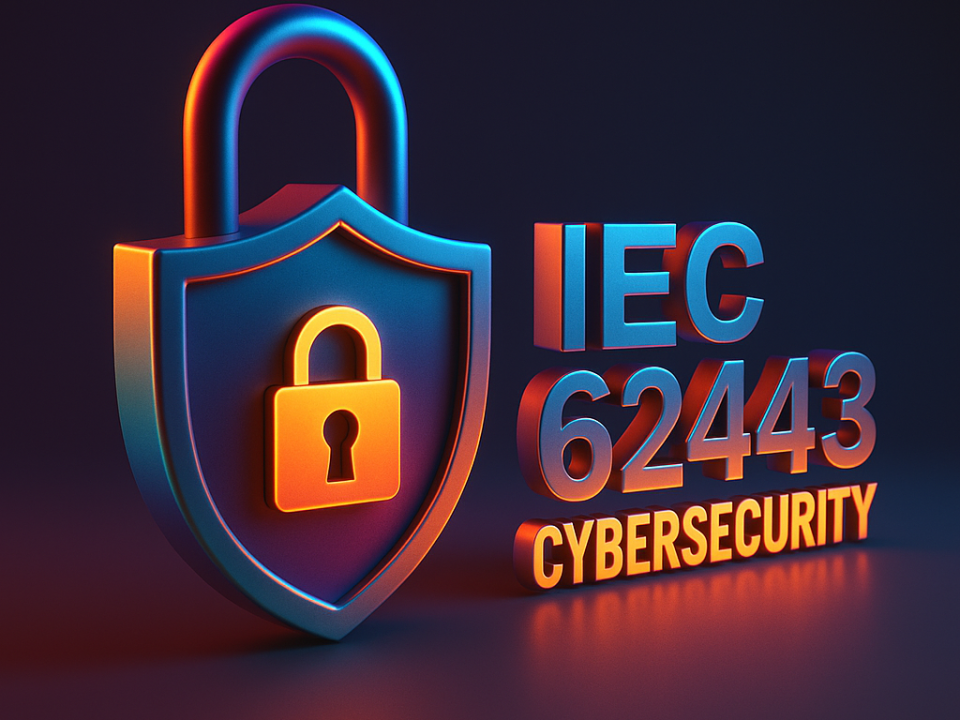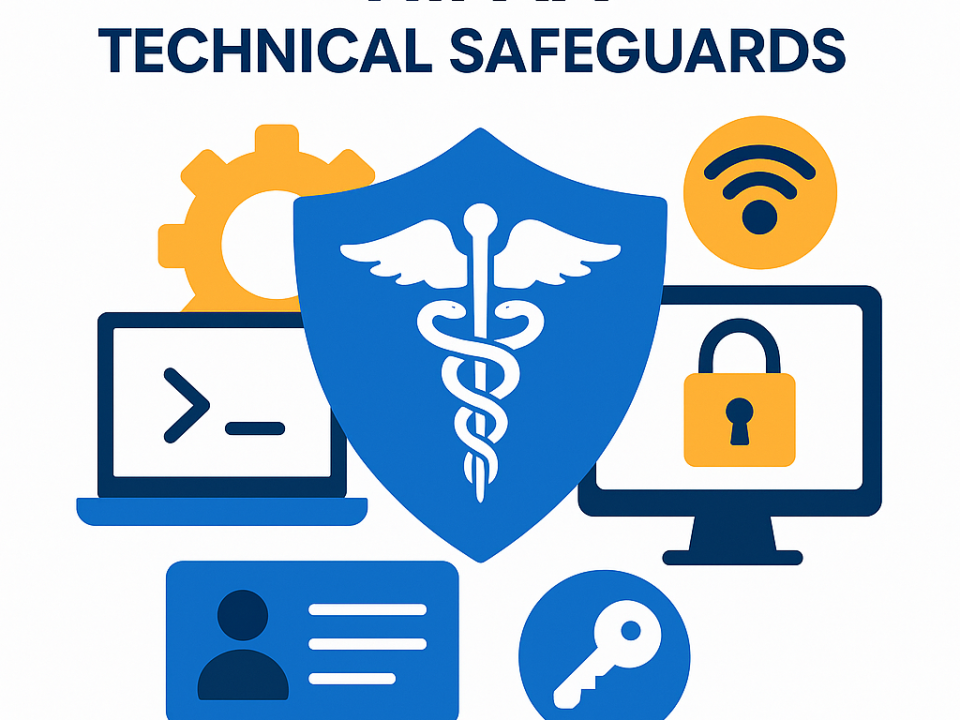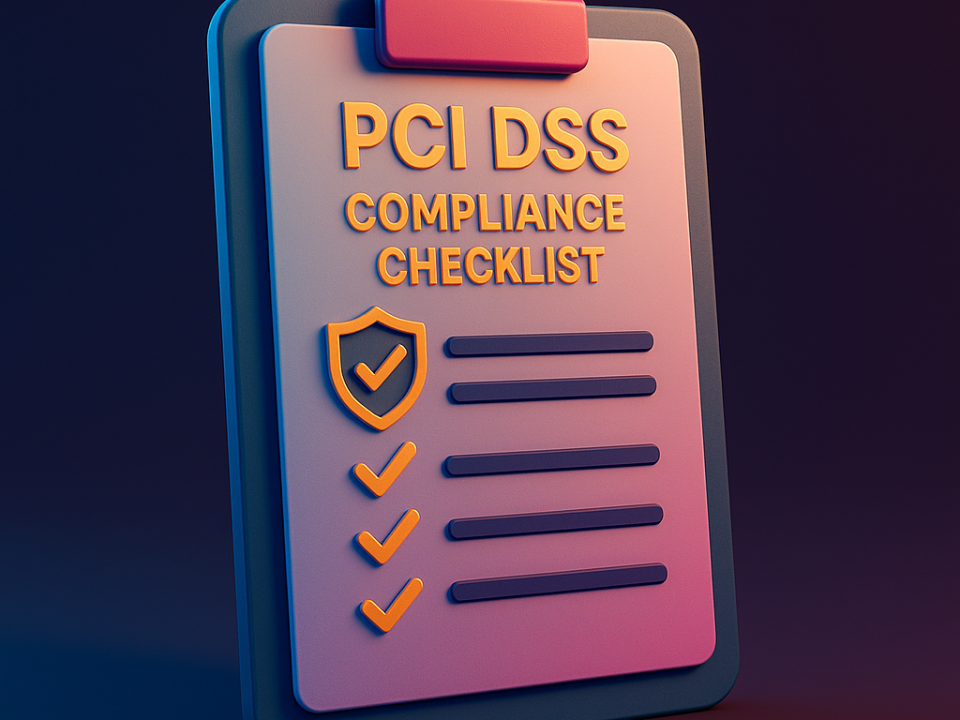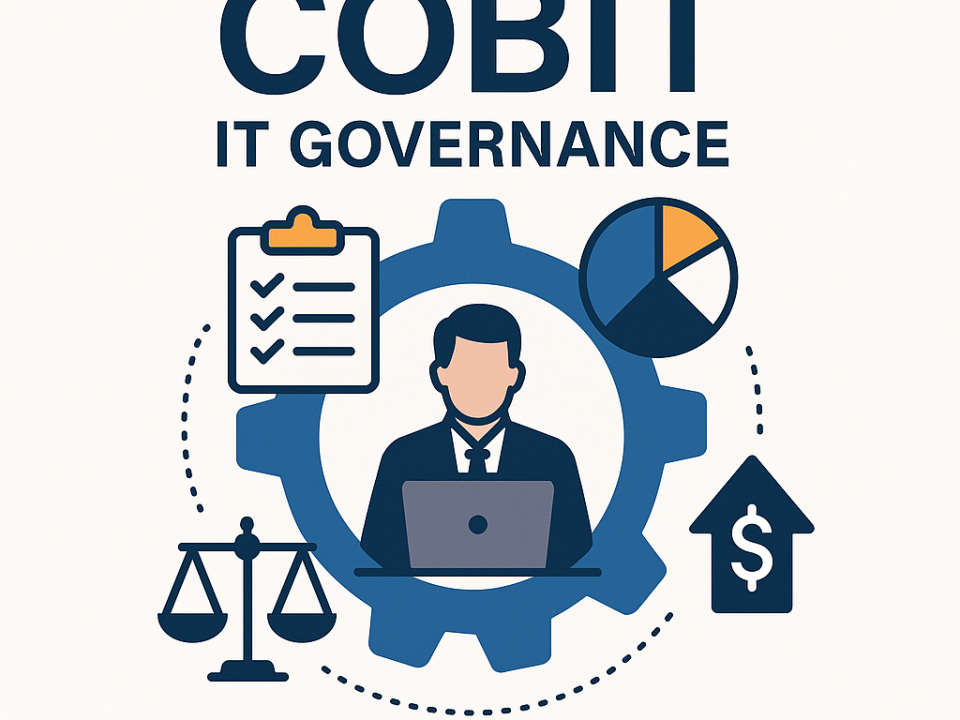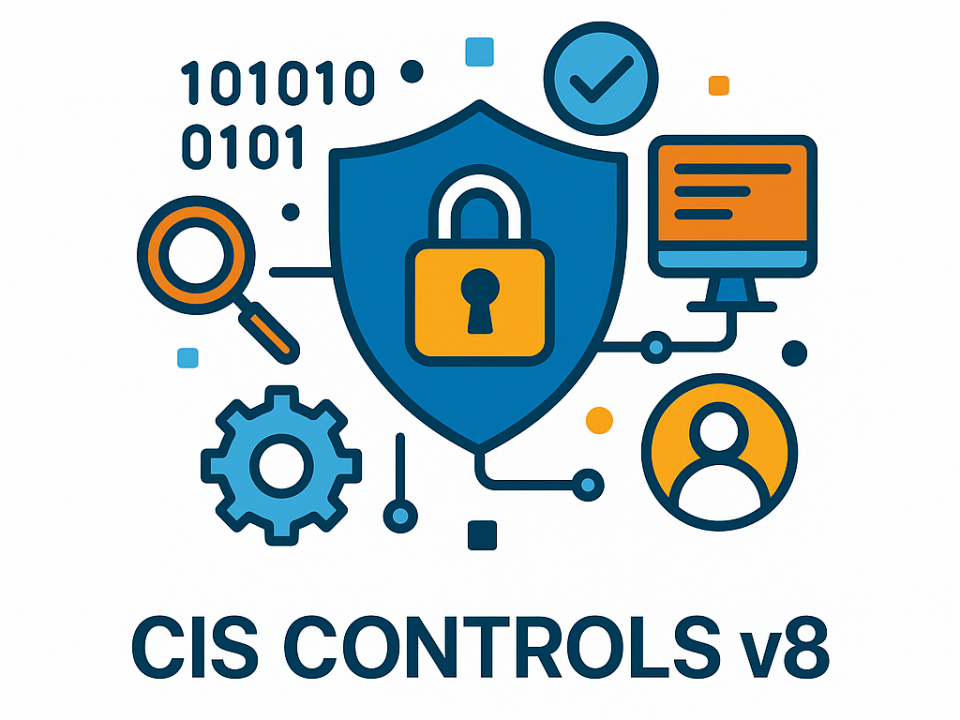
Understanding HIPAA Technical Safeguards: A Vital Step for Healthcare Security
June 11, 2025
Unlocking Cybersecurity Success: Your Essential Guide to IEC 62443
June 11, 2025Unlocking Success: Mastering GDPR Breach Notification for Business Resilience
This post is crafted for business professionals aged 30-50, particularly those in compliance, management, or IT roles. If you’re aiming for career growth and organizational success, mastering GDPR breach notification can be your golden ticket. Understanding these regulations not only enhances your credibility but also ensures your business stays compliant, minimizing the risk of hefty fines and reputational damage.
Understanding the Importance of GDPR Breach Notification
The General Data Protection Regulation (GDPR) emphasizes the significance of breach notification for businesses handling personal data. A breach can occur anytime, and knowing how to respond effectively is vital to maintaining trust with your customers and stakeholders. This knowledge can distinguish you as a leader in your organization, enhancing your career prospects.
What Constitutes a Data Breach?
A data breach involves the unauthorized access or disclosure of personal data. Examples may include hacking incidents, accidental data loss, or even human errors, such as sending sensitive information to the wrong email address. Being able to recognize and categorize breaches prepares you to respond swiftly and appropriately, protecting your organization from potential fallout.
The 72-Hour Rule: Your Deadline for Notification
According to GDPR, organizations must report any data breach to the relevant supervisory authority within 72 hours of becoming aware of it. Understanding this timeframe is crucial; failure to notify could result in severe penalties. As a compliance officer, being equipped with knowledge of this rule could ensure your company acts decisively, helping you build a solid reputation and trust among clients.
Who Needs to Be Notified?
When a breach occurs, notifying affected individuals is equally important, especially if there is potential for risk to their rights and freedoms. An effective communication strategy not only mitigates reputational damage but also shows customers that you prioritize their privacy, making it a key differentiator in a competitive landscape.
Documenting the Breach: Building a Response Framework
Documentation is crucial for any breach incident. Keeping detailed records that outline what happened, who was impacted, and actions taken can significantly improve your response for future incidents. This practice can enhance your skills in crisis management, positioning you for advancement in your organization.
Engaging with Legal and IT Teams
Effective breach management requires collaboration between legal and IT departments. By fostering efficient communication channels, you can ensure that all aspects of regulation and technical mitigation are addressed. This collaboration not only aids in swift recovery but can position you as an integral leader within your firm.
Preparing for Possible Fines: Risk Management Strategies
Proactively preparing for potential fines due to breaches can prevent significant financial losses. Implementing regular audits and training ensures that everyone in your organization understands their obligations under GDPR. This vigilance not only protects your business but also enhances your skill set, establishing you as a compliance expert.
Staying Updated: The Evolving Landscape of Data Protection
The data protection landscape is continually evolving. Staying updated on changes or interpretations of GDPR helps you to remain compliant. This adaptation will not only benefit your organization but also propel your career forward as a knowledgeable leader in data protection.
Emphasizing a Culture of Data Protection
Finally, cultivating a culture that prioritizes data protection within your organization is essential. Training employees and fostering awareness can greatly reduce the likelihood of breaches. By taking initiative in this area, you enhance not only your professional reputation but also that of your organization, ultimately leading to sustained business success.


